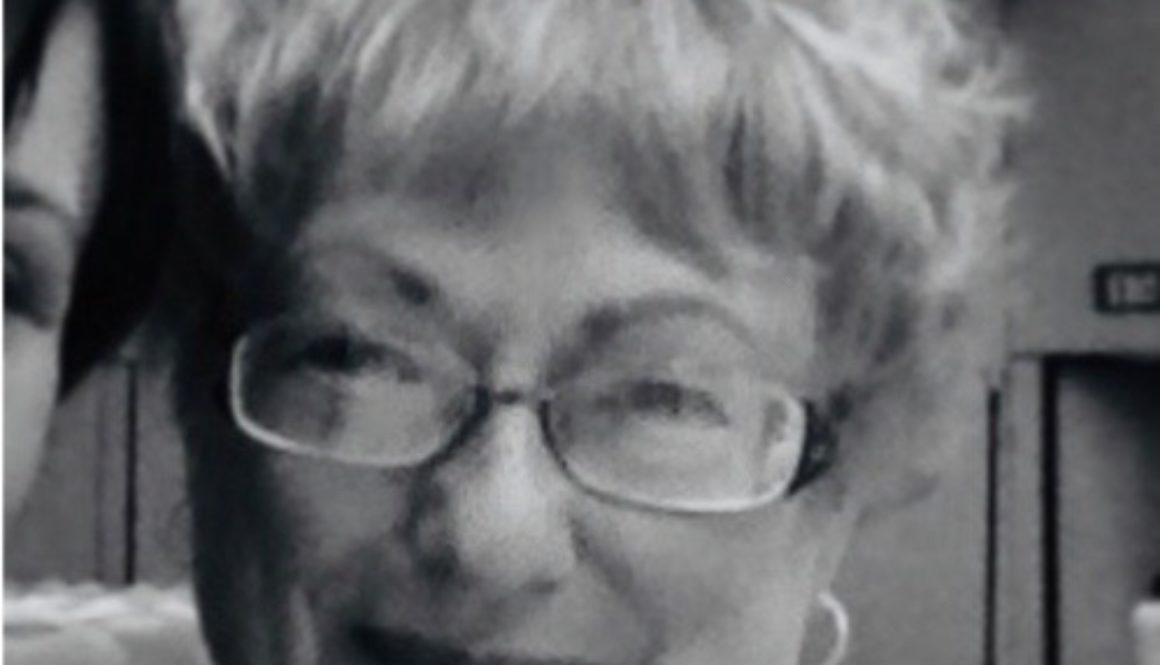Sharon Maxwell (1948-2016)

What is your name and where are you from?
Sharon Maxwell, St. Louis
When did you join the ACTG? (If you’re no longer involved, indicate when you stopped involvement)
1994
Why did you get involved with the ACTG, and what are some of the things you’ve done as a member?
I was looking for other women who were living with HIV. Someone at the Washington University Clinic said, “Well we have this community advisory board and you might be able to go there.” The minute I walked in, there were four other women in there I thought “oh my gosh!” I felt I like had found what I was looking for. I had finally found someone to talk to about this whole thing. And from that point forward I started going to the CAB meetings and realizing that there is a much broader global community than just the St. Louis area.
I was the co-chair of the Global CAB for five years, and I’ve been on the CCG, the CSS, and other science groups.
When I first joined, I signed up to be the rep on the women’s health committee and there were three studies for women. That’s all there were. And every one of them was on genital secretions. All of them. That’s it. That’s all they studied. At that time I was approaching menopause and I thought, you know, there’s more than just genital secretions. How are the hormones going to effect the meds? So, there was another gal on the CCG at the time, and she and I advocated and by the time I left that term we had 13 studies for women and they included everything from pregnancy to hormones to everything.
Describe your community.
The best part of my involvement has been the people. The caring, good-hearted people that you meet within the ACTG that just seem to be there to support you. They honestly became my family. I worked in graphic design so my world was advertising. That was my world before AIDS. After AIDS, the community just became one of people living with HIV and AIDS and Hepatitis and women, and everybody dealing with these kind of issues. That became my family. It made a huge difference.
What are the most important treatment issues to your community?
Aging. We’re getting older, and we’ve been living with this for twenty, twenty-five years, and things are starting to really suck. So, let’s start looking at that. We’ve got the medicines. They work. So let’s get working on the comorbidities and aging. I’m 68, I’m at the top end of the people that are aging. We’ve got people in their fifties that are going to be coming up and going through all of this, and dealing with the lung problems, the kidney problems, the heart issues, the lipodystrophy, atrophy, diabetes, cancer. All of these things are going to happen because these people are living longer now, and have a compromised immune system.
How do you want your work in the ACTG to be remembered?
I want to be remembered that I welcomed everybody in. In the early days, when someone joined a support group or the CAB, we acknowledged that they were having problems and tried to help them whatever way we could. That’s what the community needs to do now. Make everyone feel welcome, especially the international people when they come in. It’s that welcoming—you’re part of my family, you’re part of my community, let me help you type of thing.
What are your future hopes for the ACTG and HIV research?
I find that deep-hearted sense of the fact that you’re dying isn’t really there. Because the medicines have improved so much that people aren’t dying now like they were. There isn’t that sense of urgency that there was in the beginning. And I worry that we are losing our connection to each other. Now is a very challenging time to get people to see the sense that they are part of this whole global community and to reaffirm their commitment to this work.
Community members can learn from the people that have been community leaders in the past. Find out whatever it is that they do to do their job well, and learn how you can adapt that to your own lifestyle. Just make sure you’re part of the global network. Make sure there’s a commitment on your part. Also, maintaining the communication between community and leadership is key to what we’re going to do in the future. Making sure that leadership knows what we want and what we need; what’s working and what’s not working.
